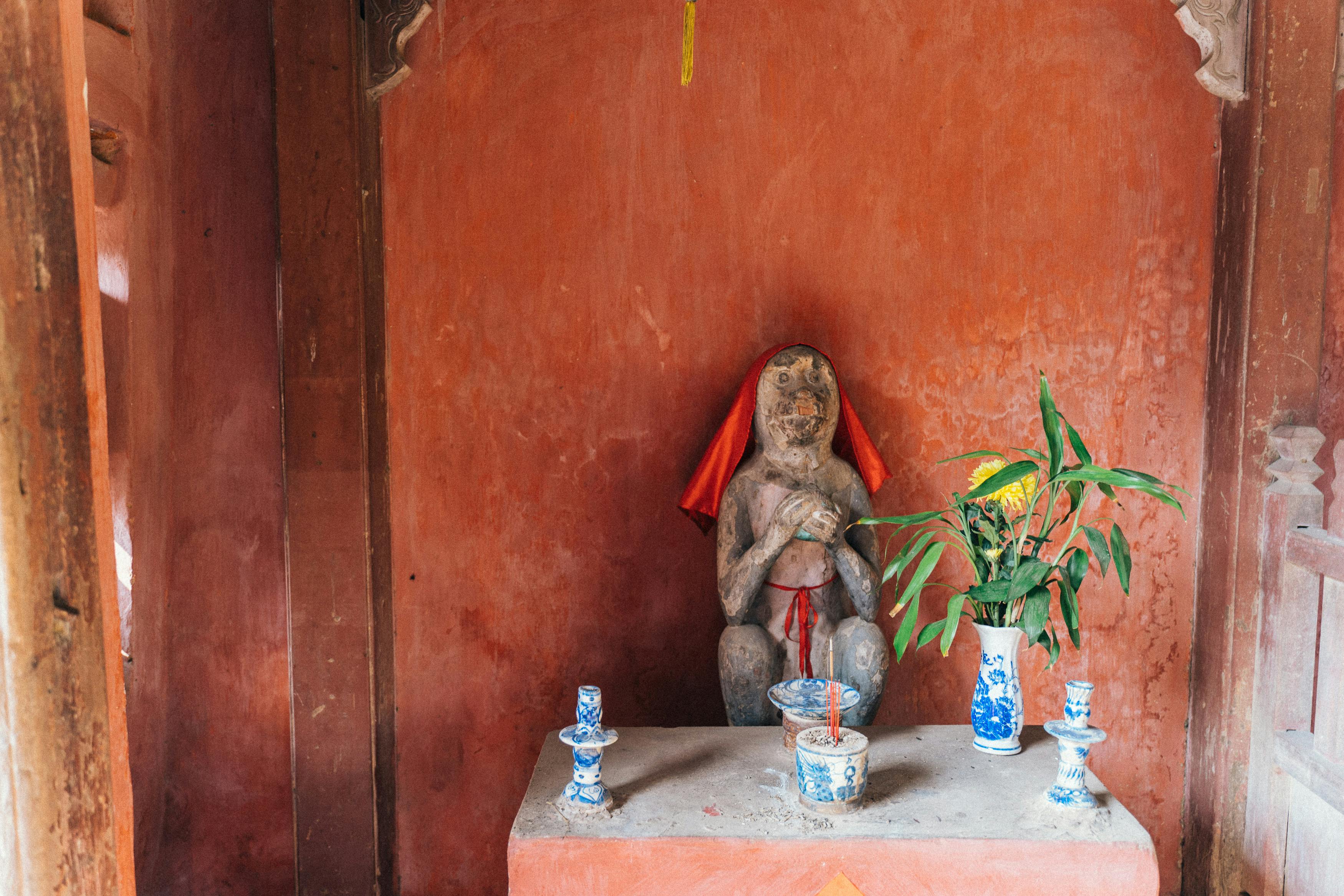Syria, a nation in the middle east, is renowned for its extensive traditions, which has persisted into the present day. One such tradition is the Syrian marriage. The ceremony festival is a luxurious event filled with incredible rituals. The visitors and household shower the groom and wedding with love and affection. The honeymooners’ lives enter a innovative paragraph on the day of the syrian marriage, which is celebrated.
In addition to celebrating the happy coalition of the couple, the syrian wedding ceremony moreover serves as a charitable deed. The bride-to-be known as “ktab” is expected to receive a payment from the groom’s household. The Ktab is a requirement syrian brides online, and without it, the ceremony would not be perfect. The bridegroom and his family are expected to give gifts to the friends in addition to paying a marriage. These items are referred to as “adliyah.”
A syrian bride is typically commemorated with music and dance. At the marriage party, friends are invited and served drinks and meal. A conventional syrian music ensemble known as “arada” plays the song. The group is made up of troubadours and performers who sing the Prophet Muhammad’s praises. Additionally, the arada praise the happy couple while reciting religious lyrics. Typically, a syrian bride lasts until the wee hours of the morning.
A person’s wedding was regarded as the biggest and most significant occasion in her existence before the war started. It served as a metaphor for her transition from being an impressionable young woman to her womanly role and her separation from her family. However, as a result of the conflict’s onset and the exodus of families from Syria and abroad, many Syrians have switched to more Western-inspired marriage ceremonies. However, a lot of communities continue to practice the festivals.
The bridal shower, which is typically held in a smaller collecting, is the first step in any standard syrian ceremony. The wife is being prepared by her close companions and fresh family. The man is finally brought home by the people. The groom is cheered and clapped for as he enters the doorway by a group of troubadours and singers known as the “arada.” The bridegroom typically has to procrastinate at the doorway until a family member pays him the sum he requests.

The wedding next makes her grand gate as a sizable crowd from both people congregates inside or outside of the building. The wedding enters dressed in her bridal gown and is led to her couch by her maid of honor and best man during this time, which is followed by more song and applause. The remaining couples then enter one by one, and until the bride and groom arrive at their tables, everyone cheers louder and dances.
Connections with individual’s extended family are highly valued in clan-heavy communities like the Manbij area, and weddings offer a chance to reinforce these ties. Additionally, luminaries use this opportunity to resolve peace between arguing families. This is frequently accomplished by exerting strain on both families to extend an invitation to the other’s wedding.
